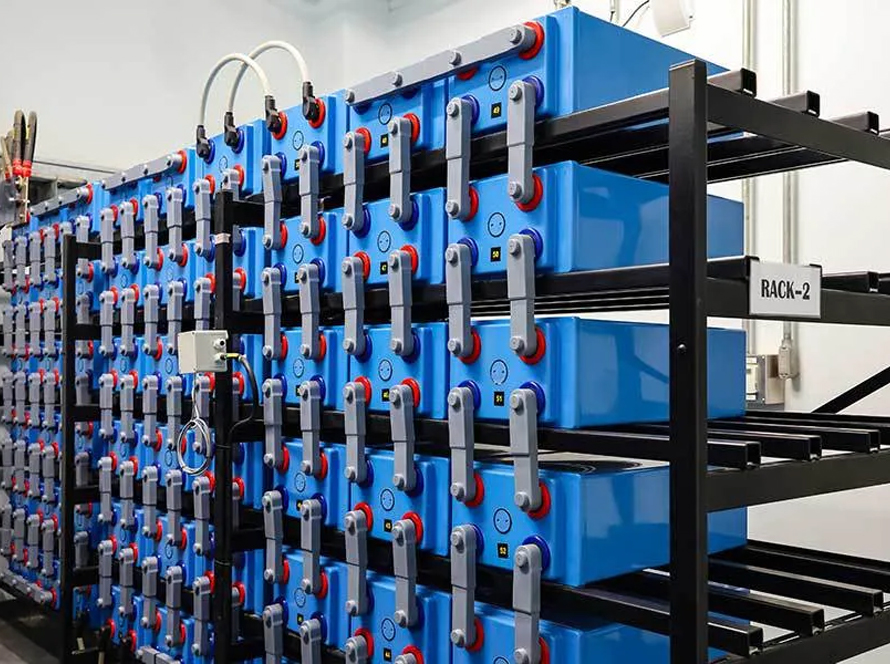Business continuity is paramount in the current era, so ensuring a reliable backup power solution is critical. Backup generators are essential for maintaining operations during power outages, but selecting the right one involves careful consideration. This guide explores the top five factors to consider when choosing a backup generator for your business.
Assessing Power Needs: How to Determine the Right Generator Size
Calculating Power Requirements
The first step in choosing a backup generator is to accurately determine your business’s power needs. This involves calculating the total wattage required to run all critical equipment. Start by listing all the devices and appliances that must be operational during an outage, including computers, lighting, HVAC systems, and specialized machinery.
Starting vs. Running Wattage
Generators are rated based on their starting and running wattage. Starting wattage is the initial power needed to start a device while running wattage is the continuous power required to keep it running. Ensure that the selected generator accommodates the equipment’s starting and running wattage.
Types of Generators: Comparing Standby, Portable, and Inverter Models
Standby Generators
Standby generators are installed outside your building and automatically activate during a power outage. They are ideal for businesses that require a seamless transition to backup power without manual intervention. Standby generators are generally more capable and suited for large-scale operations.
Portable Generators
Portable generators are versatile and can be moved as needed. They are typically used for smaller applications or as a temporary solution. While less powerful than standby generators, they offer flexibility and are often more affordable. However, they require manual setup and refueling during an outage.
Inverter Generators
Inverter generators provide stable and clean power suitable for sensitive electronics. They are quieter and more fuel-efficient than traditional generators. Inverter generators are ideal for businesses with sensitive equipment or those that need a quieter operation.
Fuel Types: Natural Gas vs. Diesel vs. Propane
Natural Gas
Natural gas generators are popular due to their continuous fuel supply through municipal lines. They offer a clean and efficient power source with lower operational costs. However, they are dependent on the availability of natural gas pipelines.
Diesel
Diesel generators are known for their durability and high power output. They are often used in larger industrial applications where high capacity is required. Diesel fuel is readily available, but diesel generators can be noisy and require regular maintenance.
Propane
Propane generators are a good option where natural gas is not available. They offer cleaner operation than diesel and are often used in residential settings. Propane generators require a dedicated fuel storage tank, which can be an additional expense.
Installation and Maintenance Requirements
Proper Installation
Correct installation is crucial for the reliable operation of your generator. Ensure the installation is performed by a certified professional who can comply with local codes and regulations. Proper placement, ventilation, and connections are essential for safe and efficient operation.
Routine Maintenance
Regular maintenance is vital to keep your generator in optimal condition. Schedule periodic inspections to check for wear and tear and ensure all components function correctly. Routine maintenance helps prevent unexpected failures during critical times.
Testing and Inspections
Regularly test your backup generator to ensure it operates correctly under load conditions. This includes running the generator periodically and checking for any issues that may arise. Keeping accurate maintenance records can also help identify potential problems before they become critical.
Regulatory and Compliance Considerations
Understanding Local Regulations
Compliance with local regulations is essential when installing a backup generator. Familiarize yourself with zoning laws, noise ordinances, and environmental regulations that may impact your generator’s operation. Ensuring compliance helps avoid legal issues and potential fines.
Permits and Inspections
Most jurisdictions require permits for generator installations. Ensure that all necessary permits are obtained and that the installation is inspected by local authorities. This ensures that the installation meets safety and operational standards.
Environmental Considerations
Consider the environmental impact of your backup generator. Choose a model that meets emission standards and is compliant with environmental regulations. Proper maintenance and operation also contribute to reducing the environmental footprint of your generator.
Selecting the appropriate backup generator for your business necessitates an assessment of your power requirements, a thorough understanding of available generator types and fuel options, and meticulous attention to proper installation and ongoing maintenance. Addressing these considerations and adhering to regulatory guidelines enable you to safeguard your business against power outages and effectively prepare for unforeseen circumstances.




